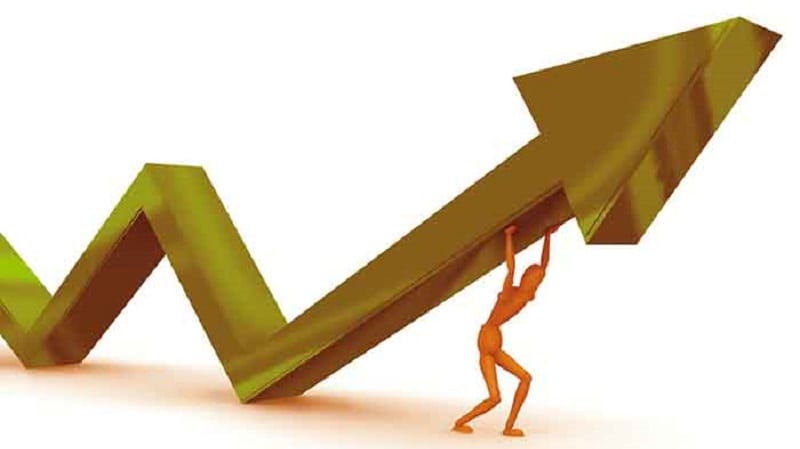According the Office for National Statistics (ONS), price rises during the month were driven by clothing, footwear and recreational goods and services.
The ONS’ breakdown revealed the largest downward contribution to the headline rate came from fuel prices, which rose in January but by less than last year, pulling down on the annual rate.
Inflation has now remained above the Bank of England’s (BoE) 2% target for 12 months in a row.
Ben Brettell, senior economist at Hargreaves Lansdown, said the fact inflation had not moved adds further weight to the case for the bank to raise rates sooner rather than later.
Last week, the BoE’s Monetary Policy Committee (MPC) held interest rates at 0.5% but hinted at quickening the pace of further increases to bring inflation back in line with its 2% target.
Brettell said: “Bank of England policymakers said last week they’ll try and bring inflation back to target more quickly than previously expected, which means rates could rise faster and further than anticipated.
“The bank’s rhetoric echoed that of September’s meeting minutes, which preceded last November’s rate hike, and it now looks like the next rise may well happen in May.”
Tough task
Thomas Wells, manager of the Smith & Williamson Global Inflation-Linked Bond fund, said there is a good probability the BoE won’t be able to get CPI inflation back to 2% this year.
He added: “In terms of the policy outlook, we think that the Bank of England should wait until the GBP collapse effects have fully left the system before being able to assess the domestic demand impact on the headline inflation figures. As ever, wage pressures should be closely monitored as there is less ‘noise’ around wage data.”
Three hikes in 2018
However, macroeconomic research house Capital Economics believes CPI inflation will gradually drift downwards over 2018 and the MPC will raise interest rates by more than markets expect.
In a note, the firm said inflation’s rise predominantly reflects the drop in the exchange rate and as the impact of sterling’s slide continues to fade, inflation will ease this year, ending 2018 at about 2.25%.
It added: “On the face of it, this suggests that there is not much pressure on the MPC to raise interest rates again. However, somewhat counterintuitively, it may actually make it easier for the MPC to hike rates, as it will help to ease the squeeze on consumers’ real incomes, the largest constraint on spending growth at present.
“As a result, we think that falling inflation will pave the way for a bit of a pick-up in growth this year, allowing the MPC to hike interest rates three times in 2018, more than markets expect.”







